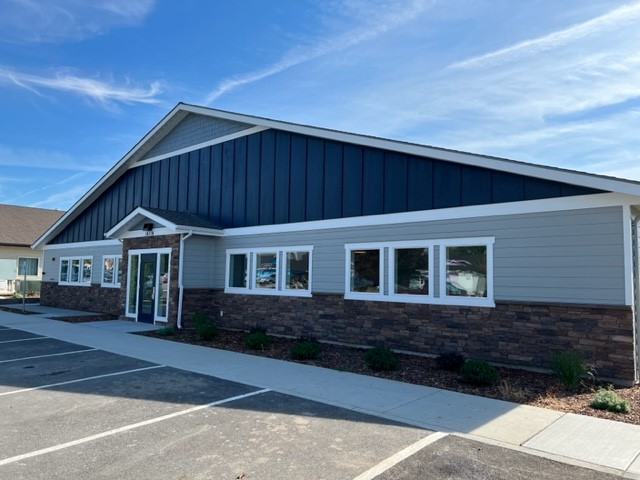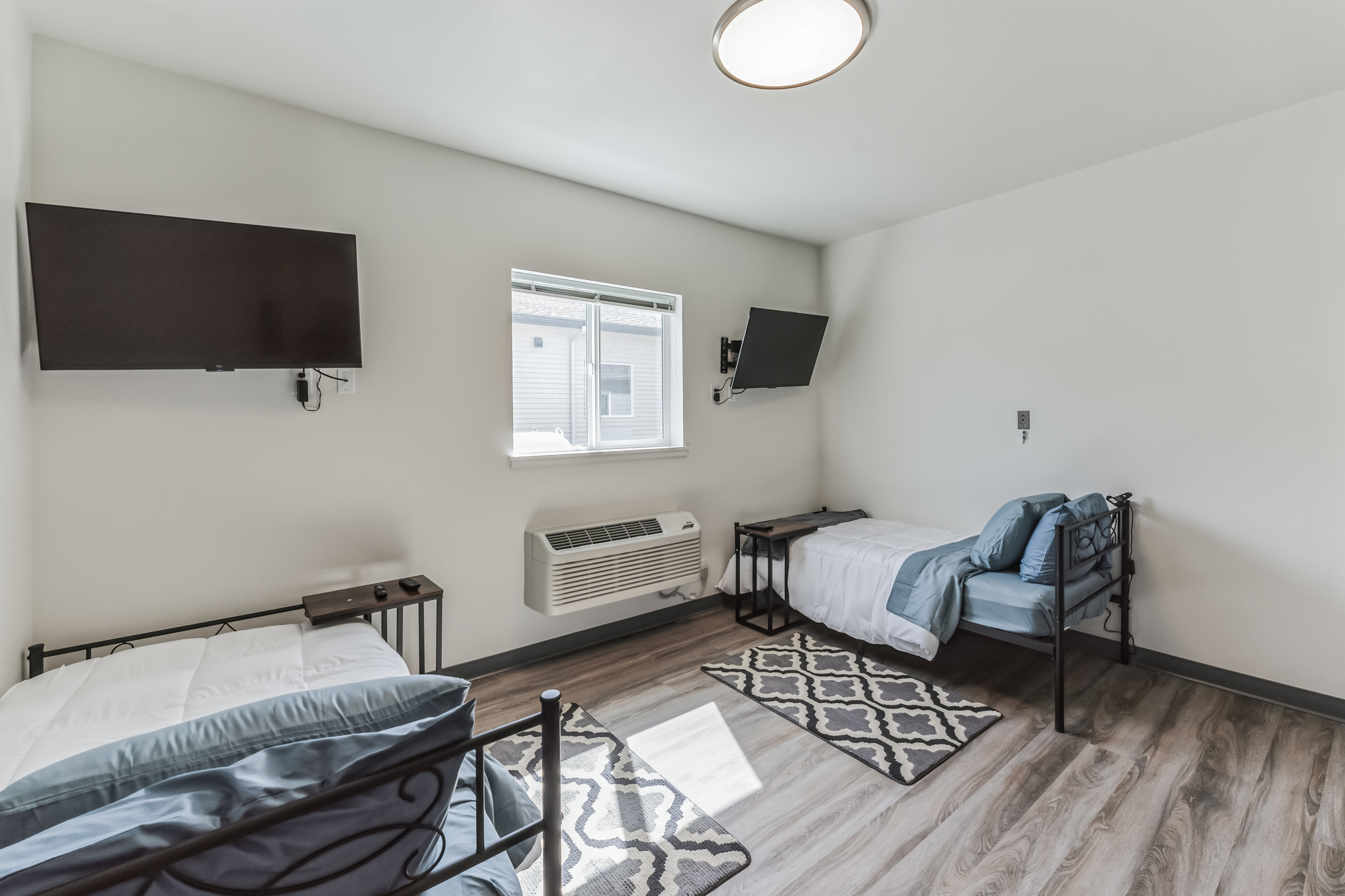
If you live in Washington and struggle with addiction or mental health challenges, you might worry about your job when you decide to seek treatment. The good news is that laws exist to help you take the time you need without losing your employment. FMLA in Washington follows federal rules and offers strong job protection for people entering rehab or therapy. Many folks also qualify for Washington’s Paid Family and Medical Leave (PFML), which can provide some income during that time.
You deserve to focus on healing without extra stress. We cover how FMLA works for rehab and mental health services, what protections you have, and how it teams up with state benefits. Taking this step shows real strength, and knowing your rights makes it easier.
Skip To
Table of Contents
What Is FMLA and How Does It Help in Washington?
The Family and Medical Leave Act, or FMLA, is a federal law that lets eligible workers take up to 12 weeks of unpaid leave each year for serious health issues. This includes FMLA for addiction treatment, FMLA for alcohol rehab, and FMLA for drug rehab. Your job stays safe, and your health insurance continues as if you were still working.
In Washington, FMLA rules stay the same as everywhere else in the country. However, the state adds its own Paid Family and Medical Leave program. PFML can give you partial pay while on leave, which helps a lot when bills keep coming.
People often search for FMLA Washington because they want to know their options here. Both programs support recovery from substance abuse when it is a serious health condition. Treatment like inpatient rehab or intensive therapy qualifies if a doctor recommends it.
Does FMLA Cover Substance Abuse Treatment?
Yes, FMLA protects time off for FMLA substance abuse treatment. Addiction qualifies as a serious health condition under the law. You can use it for detox, residential rehab, or outpatient programs and an inpatient program that helps you recover.
The U.S. Department of Labor explains that leave applies only to actual treatment provided by a health care professional. Absences just because of using substances do not count, but getting professional help does. This protection means your employer cannot fire you for attending rehab if you meet the rules.
Many people wonder: Does an employer have to offer drug rehab before termination? Not always. Employers can enforce rules against drug use at work. However, if you seek treatment voluntarily and qualify for FMLA, they must hold your job during approved leave.
End the Emotional Pain. Get Your Life Back.
Feeling Depressed, Anxious or Struggling with Mental Health Illness? Get Safe Comfortable Mental Health Dual Diagnosis High-Quality Therapy From Counselors That Care. Begin Your Recovery Now.
Hotline: (509) 348-4077

Who Qualifies for FMLA in Washington?
Not everyone gets FMLA right away. You need to meet these basic requirements:
- Your employer has at least 50 workers within 75 miles of your worksite.
- You have worked there for at least 12 months.
- You put in at least 1,250 hours in the past year (about 24 hours a week).
If you qualify, you gain strong job protection for FMLA for rehab. When you return, you go back to the same or a similar position with the same pay and benefits.
Washington’s PFML has easier rules. You only need 820 hours of work in the state over the qualifying period, and it covers almost all workers, even at small companies for the pay part.
Key Differences Between Federal FMLA and Washington PFML
People mix these up, so here is a simple comparison:
- FMLA: Unpaid, but strong job protection for larger employers. Up to 12 weeks (or 16 in some cases).
- PFML: Paid (up to 90% of your wages, with a cap), easier to qualify, broader family definitions. Job protection applies in many cases too.
The two often run at the same time. You get job security from FMLA and money from PFML. According to the U.S. Department of Labor, substance abuse treatment can qualify when it involves inpatient care or continuing treatment for a chronic condition.

How FMLA Supports Rehab and Recovery
Imagine finally deciding to enter FMLA for alcohol rehab or FMLA for drug rehab. The fear of coming back to no job can stop people cold. FMLA removes that barrier. You focus on therapy, building new habits, and rebuilding your life.
Studies show that protected leave leads to better recovery outcomes. The National Institute on Drug Abuse notes that longer treatment time improves chances of staying sober. With FMLA, you attend full programs without rushing back to work too soon.
Your employer keeps paying for your health insurance during leave. This matters a lot, since treatment often includes ongoing care after rehab.
Steps to Request FMLA for Addiction Treatment
Follow these steps to make the process smooth:
- Talk to your doctor or treatment provider. They fill out certification forms showing why you need to leave.
- Give your employer at least 30 days’ notice if possible. For sudden needs, tell them as soon as you can.
- Submit the paperwork. Your employer has five days to respond.
- Start treatment knowing your job waits for you.
Be honest but protect your privacy. You do not have to share every detail about your addiction.
Get Help. Get Better. Get Your Life Back.
Searching for Accredited Dual Diagnosis Mental Health Centers Near You?
Even if therapy failed previously, or are in the middle of a difficult crisis, we stand ready to support you. Our trusted behavioral health specialists will not give up on you. When you feel ready or just want someone to speak to about counseling alternatives to change your life call us. Even if we cannot assist you, we will lead you to wherever you can get support. There is no obligation. Call our hotline today.
FREE 24/7 Dual Diagnosis Mental Health Services HotlineSpecial Rules for Substance Abuse Under FMLA
The law treats addiction carefully. According to federal regulations (29 CFR § 825.119), you can take leave for drug addiction treatment, but not for using substances. Employers with clear no-drug use policies can still enforce them if you break the rules before seeking help.
That said, once you start qualified treatment, FMLA kicks in. The Americans with Disabilities Act may offer extra protections if you stay clean after rehab.
Washington State Benefits Make Recovery Easier
Living in Washington gives you an advantage with PFML. Apply through the state’s website for weekly payments. AT We Level Up WA many people use both FMLA and PFML together for the best support.
If your employer is small, you might not get full FMLA job protection, but PFML pay can still help. Always check your exact situation.

Comfortable Facilities & Amenities
High-Quality Mental Health Services & Behaviroal Health Substance Abuse Treatment
Rehab Centers TourRenowned Mental Health Centers. Serene Private Facilities. Inpatient Rehab Programs Vary.
Mental Health Helpline: (509) 348-4077Proven recovery success experience, backed by a Team w/ History of:
15+
Years of Unified Experience
100s
5-Star Reviews Across Our Centers
10K
Recovery Success Stories Across Our Network
- Low Patient to Therapist Ratio
- Comprehensive Dual-Diagnosis Treatment
- Complimentary Family & Alumni Programs
- Coaching, Recovery & Development Events
- Comfortable Onsite Medical Detox Center
Frequently Asked Questions (FAQs)
-
Does FMLA in Washington cover mental health treatment too?
Yes. Depression, anxiety, PTSD, and other conditions qualify the same way physical illnesses do.
-
Can I take intermittent FMLA for outpatient therapy or AA meetings?
Yes, if your doctor certifies it as medically necessary.
-
What if my employer is small and not covered by the federal FMLA?
You can still get Washington’s Paid Family and Medical Leave, and many small employers choose to hold your job anyway.
-
Will my coworkers find out why I’m on leave?
No. Your medical information stays private. Employers can only share that you’re on approved leave.
-
Can I use FMLA to help a family member enter rehab?
Yes, to care for a spouse, child, or parent with a serious health condition (including addiction treatment).
-
What happens if I relapse after returning to work?
A relapse itself doesn’t automatically end protection, but follow your company’s policies and reach out for support right away.
-
Where in Spokane Valley, Washington, can you find FMLA-protected treatment for addiction or mental health?
We Level Up Washington in Spokane Valley offers comprehensive inpatient and outpatient programs that qualify for FMLA and PFML. Our team helps with paperwork so you can focus on recovery.
-
Where in Liberty Lake or Coeur d’Alene can you find treatment while using FMLA Washington?
We Level Up Washington serves the entire region, including Liberty Lake and nearby Coeur d’Alene, with job-protected care options.
Take the Brave Step Today
You have worked hard at your job, and now it’s time to care for yourself the same way. FMLA in Washington, along with state benefits, gives you the space to heal from addiction or mental health struggles. Thousands of people just like you have used these protections to rebuild stronger lives.
Call We Level Up Washington at (509) 348-4077 to get confidential, FMLA-supported addiction and mental health treatment so you can focus on recovery without risking your job.




